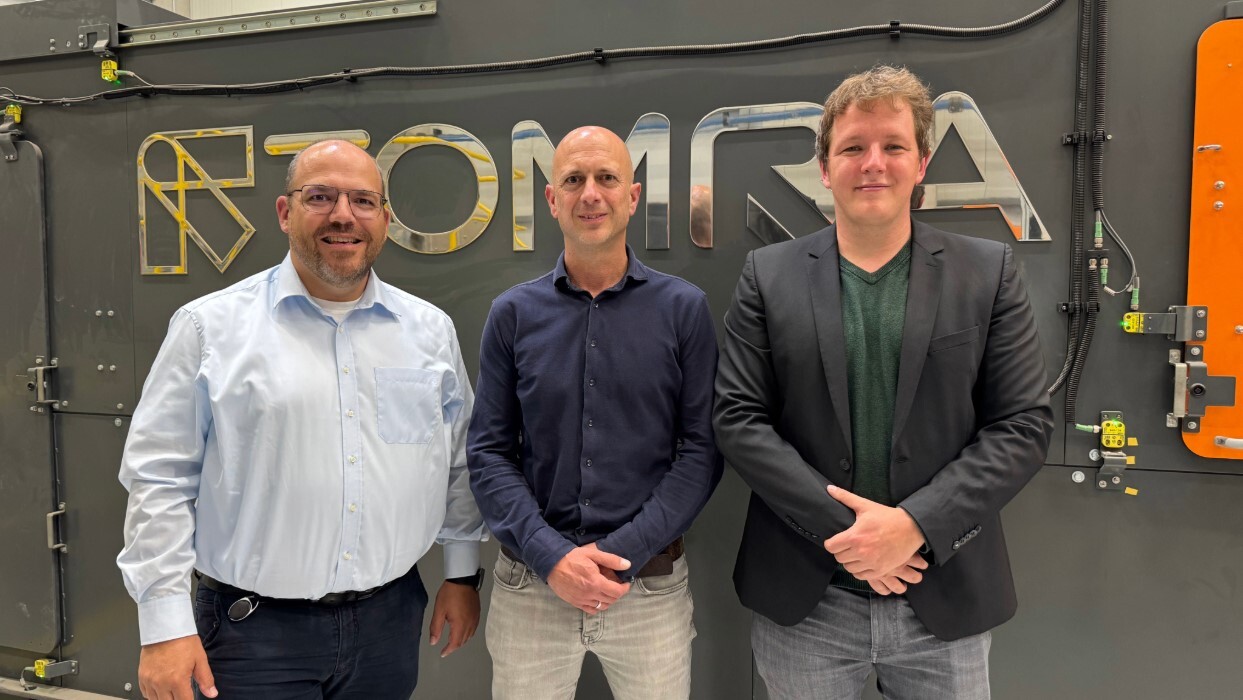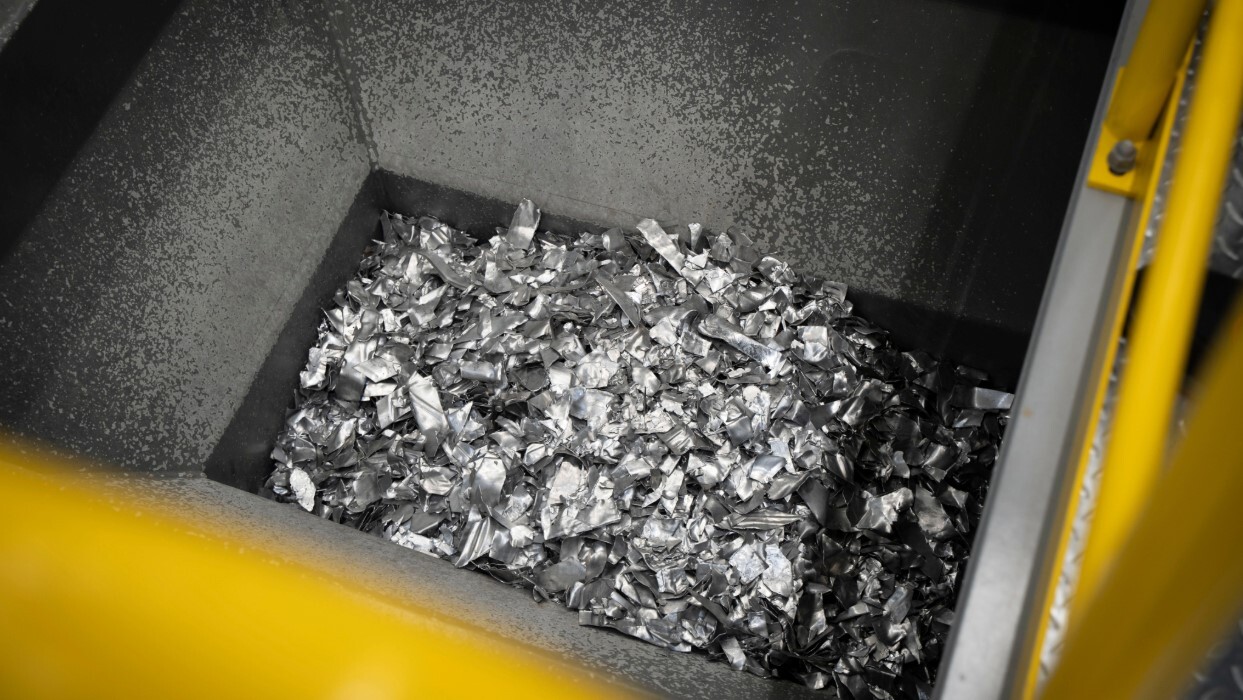

A recent webcast titled "From AI to Dynamic LIBS: How New Sorting Technologies Drive Growth in Aluminum Recycling," hosted by TOMRA Recycling in collaboration with Novelis, spotlighted cutting-edge advancements in aluminium recycling. The session underscored how increasing aluminium scrap utilisation can play a key role in reducing CO₂ emissions.

Experts from TOMRA Recycling and Novelis explored the key challenges in aluminium recycling and how cutting-edge technologies such as X-ray Transmission (XRT), Dynamic LIBS, and deep learning are revolutionising sorting processes, improving scrap purity, and unlocking new market opportunities.
Frank van de Winkel, Business Development Manager –Metal at TOMRA Recycling, commented, "We were delighted to welcome attendees from across the globe to our recent webcast. It was a great opportunity to gather feedback from the industry on the challenges facing aluminium recyclers and post-shredder operators today, while at the same time showcase the unmatched levels of material separation available on the market today using a combination of X-ray transmission, Dynamic LIBS and deep learning technologies. Together with Novelis, we were able to demonstrate the realities of the paradigm shift towards a more sustainable and efficient future for scrap recycling, and we look forward to continuing this important dialogue."
Also Read: EU aluminium scrap exports surge amid US tariff hike, prompting calls for export duties
Key insight from the webcast
A key insight from the webcast was the urgent need to maximise both aluminium scrap utilisation and the capacity to handle high scrap input in production and recycling. Achieving this depends not only on the quality of incoming materials but also on the industry's ability to produce scrap with the required specifications. As a result, material quality is becoming a central pillar in both product development and operational strategies.
The session also underscored the aluminium industry's growing commitment to sustainability, propelled by advanced sorting technologies and robust recycling efforts. Companies like Novelis are leading this shift with initiatives such as their 3x30 vision, which promotes circular solutions and positions aluminium as the material of choice in building a more sustainable future.
TOMRA and Novelis presented test results from both TOMRA's Test Centre and real-world applications, demonstrating the effective reduction of individual elements in Twitch through advanced sorting technologies. The most efficient sorting sequence was identified as XRT first, followed by deep learning, and then Dynamic LIBS.
From 100 per cent Twitch, a challenging yet abundant scrap stream due to its mixed composition, 40 per cent of wrought aluminium was successfully recovered as high-purity 5xxx and 6xxx series alloys. These results also point to strong future potential for extracting a wider range of aluminium alloys, including the 2xxx, 3xxx, 7xxx, and 8xxx series.

Audience insights from live poll
During the webcast, live polls offered insights into industry priorities. The first poll revealed that attendees view material purity as the main challenge in increasing recycled aluminium content. The second identified Twitch as the most critical scrap grade needing more efficient sorting. The third showed that the top motivation for investing in sorting technology is to boost yield and purity. An interactive Q&A session followed, allowing participants to engage directly with experts from TOMRA and Novelis.
The webcast concluded with a strong call to action for the aluminium industry to adopt optimised test sequences that improve material digestibility and elevate quality standards in production. Continuous innovation in scrap recycling, from advanced processing techniques to the development of eco-friendly alloys, is driving the industry toward a circular economy, where recyclability is integrated into product design from the very beginning.
Image Source: TOMRA PR
Responses








